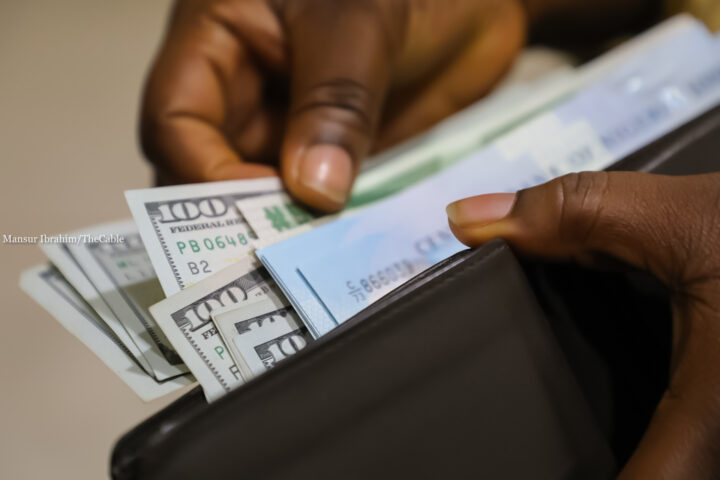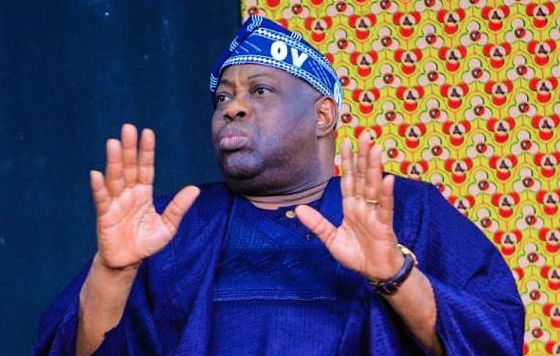The naira ended a three-day depreciation trend at the parallel section of the foreign exchange (FX) market on Friday.
The local currency appreciated by 0.98 percent to N1,525 on July 5 — from the N1,535 per dollar traded on July 4.
Currency traders, known as bureau de change (BDC) operators, quoted the buying rate of the naira as N1,500 and the selling rate at N1,525 — leaving a N25 profit margin.
At the official window, the naira also reversed a three-day depreciation streak.
Advertisement
According to FMDQ Exchange, a platform that oversees official FX trading in Nigeria, the local currency exchanged for N1,509 per dollar on July 5 — a 0.7 percent rise from N1,520 traded the previous day.
The local currency traded at a high of N1,535 and a low of N1,450.
Consequently, the exchange rate at both sections of the market consecutively depreciated from July 1 to July 4 — before an appreciation occurred on July 5.
Advertisement
THREE-DAY DECLINE
On July 2, the local currency declined at the street market to N1,515/$ — from the N1,510 traded the previous day.
Between July 3 and 4, the naira further dropped to N1,520 and N1,535, respectively.
Data from the FMDQ Exchange showed that the naira depreciated to N1,509, N1,512, and N1,520 from July 2 to 4, respectively.
Advertisement
On June 14, 2023, the Central Bank of Nigeria (CBN) announced the unification of all segments of the FX market.
The move significantly devalued the naira, provoking fluctuations in the FX market that continue to affect key sectors of the economy.
The FX situation, according to Timi Bomodi, comptroller of Seme command, Nigeria Customs Service (NCS), on June 9, has made Nigerian goods affordable for other African countries.
However, on May 29, Mojisola Adeyeye, director-general of the National Agency for Food and Drug Administration and Control (NAFDAC), said the devaluation of the naira accounted largely for the high cost of local medicine production.
Advertisement
But Olayemi Cardoso, governor of the Central Bank of Nigeria (CBN), on June 25, said he believes the excessive volatility may be a thing of the past.
Advertisement
Add a comment










